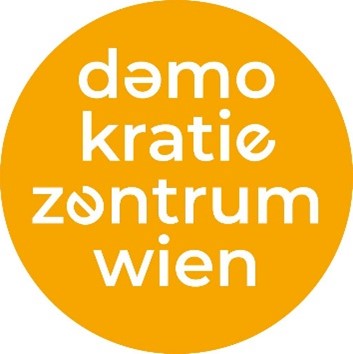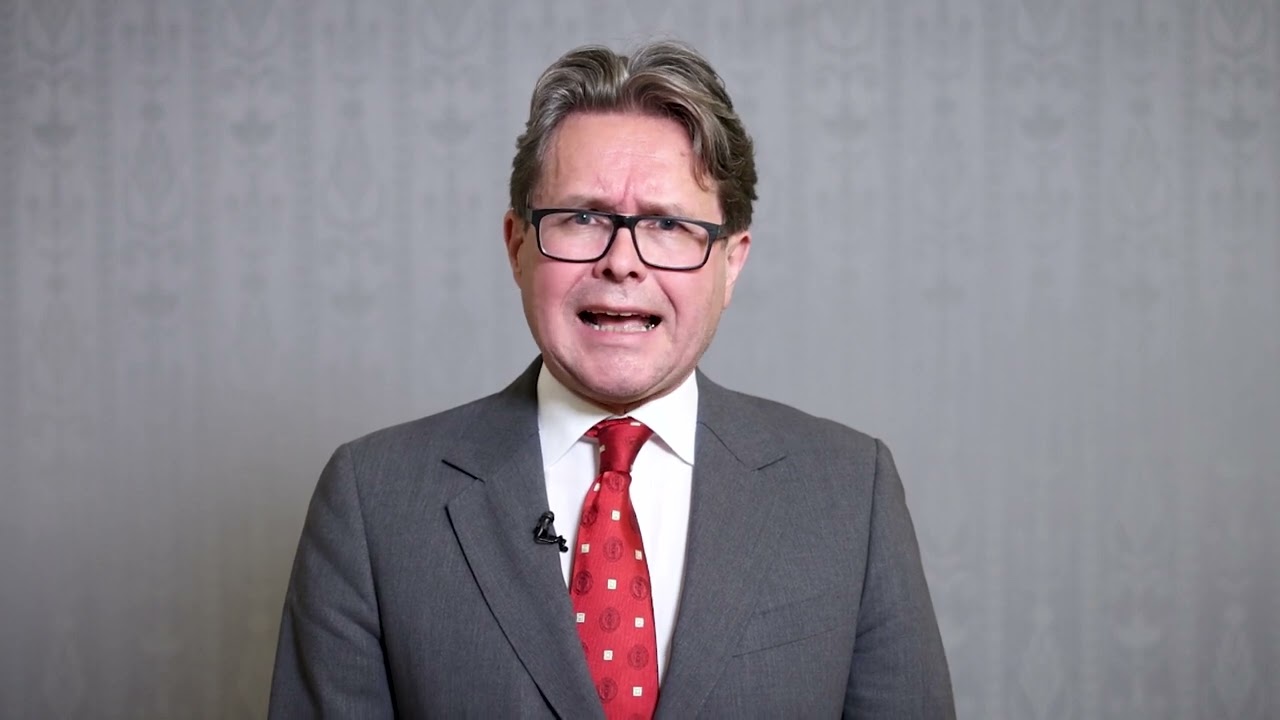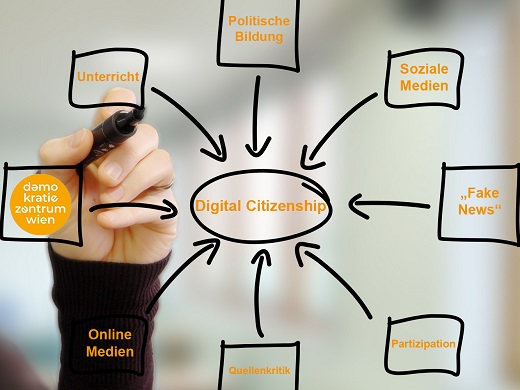


Digital Citizenship - competent in democracy and teaching
Democracy Centre Vienna
Univ.-Prof. Dr. Dirk Lange and Mag.a Lea Hintenberger
A propos de
Bande-annonce pour Digital Citizenship - competent in democracy and teaching
Informations générales sur le cours
Welcome to the MOOC "Digital Citizenship- Competent in Democracy and Teaching"!
What can you expect from this course? This MOOC is a training course for teachers, other professionals working in the educational field and generally interested participants on the topic of digital citizenship and fake news. With the help of this course, you will obtain a sound overview of online and social media in the context of democracy and civic education. Both democratic opportunities for action and potential risks and strategies of manipulation of online and social media are central in this course.
Who is this MOOC for? This course is primarily addressed to teachers and multipliers, who on the one hand would like to expand their competences and knowledge in this subject area, and on the other hand would like to gain a sound basis for integrating this topic into their own educational work.
Contenu
Contenu du cours
By completing the MOOC „Digital Citizenship – Competent in Democracy and Teaching” you will gain a deeper understanding of online and social media and how they influence different levels of democratic societies. Social media and the internet as a whole are essential tools for action in today’s society, they are a widely used source of information and provide a variety of communication options.
In order to gauge the importance of (online and social) media for a democratic society, both participative possibilities for action and sources of danger of online media are reflected on. Essential definitions, manipulative technologies and the informed use of online media and sources from the internet are discussed.This MOOC aims at two outcomes: On the one hand it serves as further education and training for all interested teachers, educators, and multipliers. On the other hand this course provides materials and tips for educational work. These should help to approach the topic in one's own lessons.
The course participants’ self-perception as responsible users of the internet should be strengthened. The knowledge they acquire can be used for their own future pedagogical and educational work.
Objectifs du cours
By completing this MOOC, the participants’ digital citizenship will be strengthened and the theoretical and didactic basis for their own educational work in this area will be expanded. As part of the course the participants gain knowledge and competences in the following areas, among others:
- Knowledge of central concepts regarding online and social media
- Development of an awareness of one’s own responsible digital citizenship
- Reflection on participation opportunities on the internet
- Knowledge of tools and analytical steps in terms of the critical use of internet sources
- Identifying manipulation and the motivation behind it
- Reflection on social media, its socio-political context, and its responsible use
- Accessing information and (moving) images from online and social media in a critical manner
- Ability and willingness to address this group of themes in one’s own educational work
- Utilization of the acquired knowledge for one´s own teaching
Connaissances antérieures
No special knowledge is required for this MOOC.
Procédure du cours
The MOOC consists of three lessons which are related in content and methodology. Altogether they form a basic program on „Digital Citizenship“ with a special focus on the topic „Fake News“ in online und social media.
Each lesson includes (a) video(s), informational texts, tasks, practice examples, forum discussions, didactic tips or suggestions and a final quiz. Lesson 1 states the thematic basis and is the most extensive lesson of the course. Lessons 2 and 3 build on lesson 1 and foster in-depth understanding (with a lower workload).
Lesson 1: Digital Citizenship: The possibilities and dangers of online and social media in democracy
Workload: approx. 5 hours
In this lesson you get a general idea of the connection between (online) media and civic education. The course introduces both the possibilities of participation on the internet and the possible dangers of information consumption via online and social media in the context of democratic societies. In addition, essential terms are defined.
Lesson 2: Manipulation strategies and media literacy
Workload: approx. 3 hours
Based on the contents of lesson 1 this lesson approaches widespread manipulative strategies and technologies in online and social media. Moreover, you address essential questions of source criticism on the internet and reflect on the meaning of your own bias (own preferences and prejudices).
Lesson 3: YouTube, TikTok & Co. – (Moving) Images and „Fake News“ on social media
Workload: approx. 3 hours
The final lesson of the course addresses social media in the context of disinformation. The focus is on images and moving images (videos) in particular. You will be introduced to essential steps of video analyses.
Certificat
For actively participating in the course you will receive an automatic certificate which includes your username, the course name as well as the completed lessons. We want to point out that this certificate merely confirms that the user answered at least 75% of the self-assessment questions (multiple choice quiz) correctly.
Licence
Unless otherwise indicated, the content offered in the course is provided under the following license: CC-BY-NC-SA Demokratiezentrum Wien. The content may be used for educational and other non-commercial purposes, on condition that the following name is cited as the source: Demokratiezentrum Wien. External linked materials, videos and such may be exempted from the Creative Commons License. Please note the applicable regulations.Course Picture: Edited version of the following picture: LTDatEHU, https://pixabay.com/de/photos/technologie-klassenzimmer-bildung-1095751/ (last online access on 25.04.2022). Please note that this image is exempt frpm the course´s CC licencse and is subject to the Pixabay license.
Formateur/formatrice
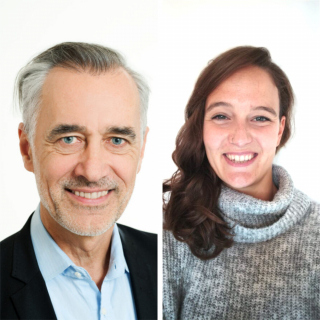
Univ.-Prof. Dr. Dirk Lange and Mag.a Lea Hintenberger
Univ.-Prof. Dr. Dirk Lange is a university professor for didactics of civic education at the University of Vienna. He has headed the Demokratiezentrum Wien since 2018 and is director at the Institute for Didactics of Democracy at the University Hannover. For many years, Dirk Lange was federal chairman of the German Association for Civic Education and director of the Agency for Adult and Continuing Education in Lower Saxony. He has varied international experiences, among others as an Honorary Professor at the University of Sydney (Australia) and as a Visiting Professor at the University of Zurich (Switzerland). His central research object is civic consciousness. His current work focuses on inclusive citizenship education, digitalization, civic education and global citizenship education.
Mag.a Lea Hintenberger is a research associate at the Demokratiezentrum Wien. She graduated from the University of Vienna with a teaching degree in history, social science and civic education as well as physical education and sports. She worked in civic education and completed an occupational training in political and media didactics (Institut für Kulturdidaktik, Vienna). After teaching at the Gymnasium am Augarten (Vienna) she has been working as a research associate at the Democracy Centre Vienna since 2021. Her tasks include the conception and implementation of workshops and activities in the field of civic education for different target groups. In addition, she is active in projects of democratic political education for adults in the e-learning field as well as in the support of the committee work of the FSW-Customer Council.
Se connecter et s’inscrire Actuellement: 794 Participants
Gratuit pour tous € 0.00
Partenaires
A MOOC developed und created by Demokratiezentrum Wien (Democracy Centre Vienna).
The Democracy Centre Vienna is an independent scientific institution dealing with democracy research and democracy education. Our empirical and theoretical research furthers academic knowledge, strengthens democratic political discourse and transfers outcomes into educational opportunities. Through subject-oriented and emancipative civic education, we promote active citizenship and participation in politics.
Video conception and content-related cooperation: Verena Mischitz, BA, BA studied journalism and communication science, as well as political science at the University of Vienna. She has been working at the Democracy Centre Vienna since October 2021. Moreover, she works as a video journalist and moderator at the daily newspaper "Der Standard".
Content-related cooperation: Lisa Zauber, BA.
With support from
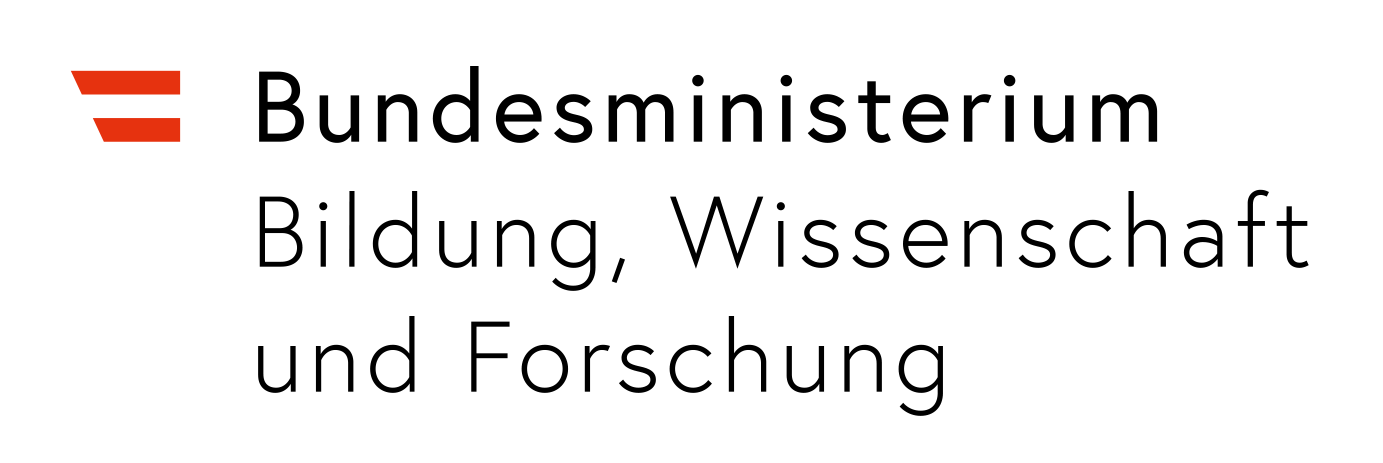
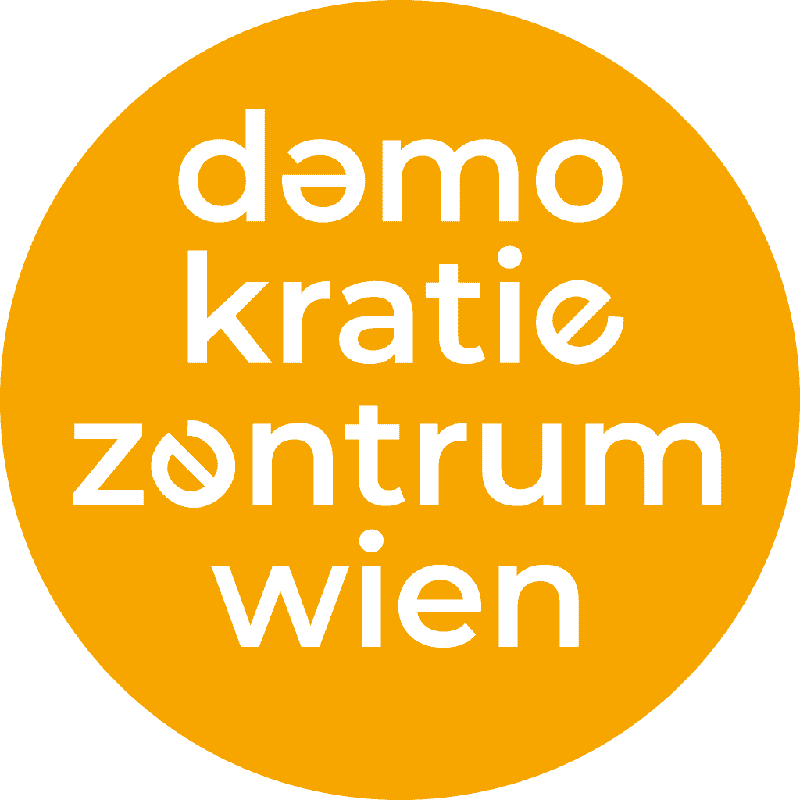
Democracy Centre Vienna
